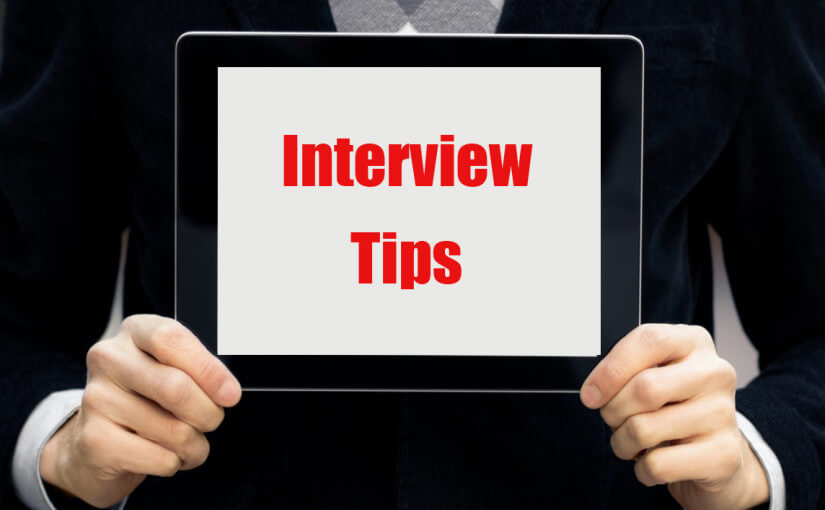Gorgeous atmosphere in a home is essential, and nowhere more so than in your bedroom. Seeing how this is a place where we go when we want to rest or be romantic, the setting needs to reflect the mood. Now, this can be done in several ways, mostly by using eye soothing colors and cozy furniture, but for the overall atmosphere, tending to the lighting the right way is a must. Here are a few secrets for a perfect bedroom light.

Read also: A Rundown of the Basic Led Lighting
Natural Light:
The first thing you need to consider when it comes to your bedroom is having a good natural light source. However, this is a slippery slope. If the bedroom faces your backyard, you could easily replace an entire wall with folding glass system and maximize the amount of natural light. On the other hand, if your bedroom is on the ground floor and facing the street, this is the last thing you want to do for both security and privacy reasons.

Finally, there is nothing more beautiful than being woken up by sunlight gleaming through your window. However, when this happens at 5 AM on a Sunday, you might want to consider getting quality blinders. For an extra touch, you can always add curtains that will match the rest of your interior.
Spice it Up:
Apart from being a place where you rest, the bedroom is also a romantic hotspot. This is why it needs to have a lighting system to match. Dimming your lights can do the trick, but truth be told, there are many, more interesting solutions you could resort to. Some of them are DIY, like homemade lanterns and lamps, while others are of more traditional.

Using candles to enhance the bedroom atmosphere is the oldest trick in the book. However, the choice of these candles matters as well. If you are planning a special evening, you might want to go with something more daring like a heart- or flower-shaped candles. Color-wise any shade of red will do, but you can also go with purple, white or even black. Candles also come in different scents so going with cherry, vanilla or strawberry may spice up the atmosphere.
Lighting System:
No matter how romantic or sexy it may feel, using candles and natural light won’t be enough on its own. You will need an artificial lighting system as well. There are several interesting solutions. While a lot of people go for luxurious chandeliers in their bedroom, others see this as a bit over the top. Some think that there is nothing more elegant, tasteful and efficient than using LED downlights. Apart from looking good, these fixtures also save energy, to a great extent, especially on the annual level, making them quite convenient, both visually and practically. A bedside nightlight for the nighttime reading sessions is also essential.
As you can see, the bedroom light is not to be taken lightly. In fact, if done correctly, it can bring numerous benefits to both your health and your love life. There are only a few principles you have to follow and few rules to abide by. The first one is that you should use natural light for as much as you can, not only to be frugality but for the soothing effects it has on one’s psyche. The second one, light bulbs are not the only artificial light source and they are definitely not the most romantic one. Finally, saving some more on your power bill by switching to LED is never a bad idea.
Read More:






















